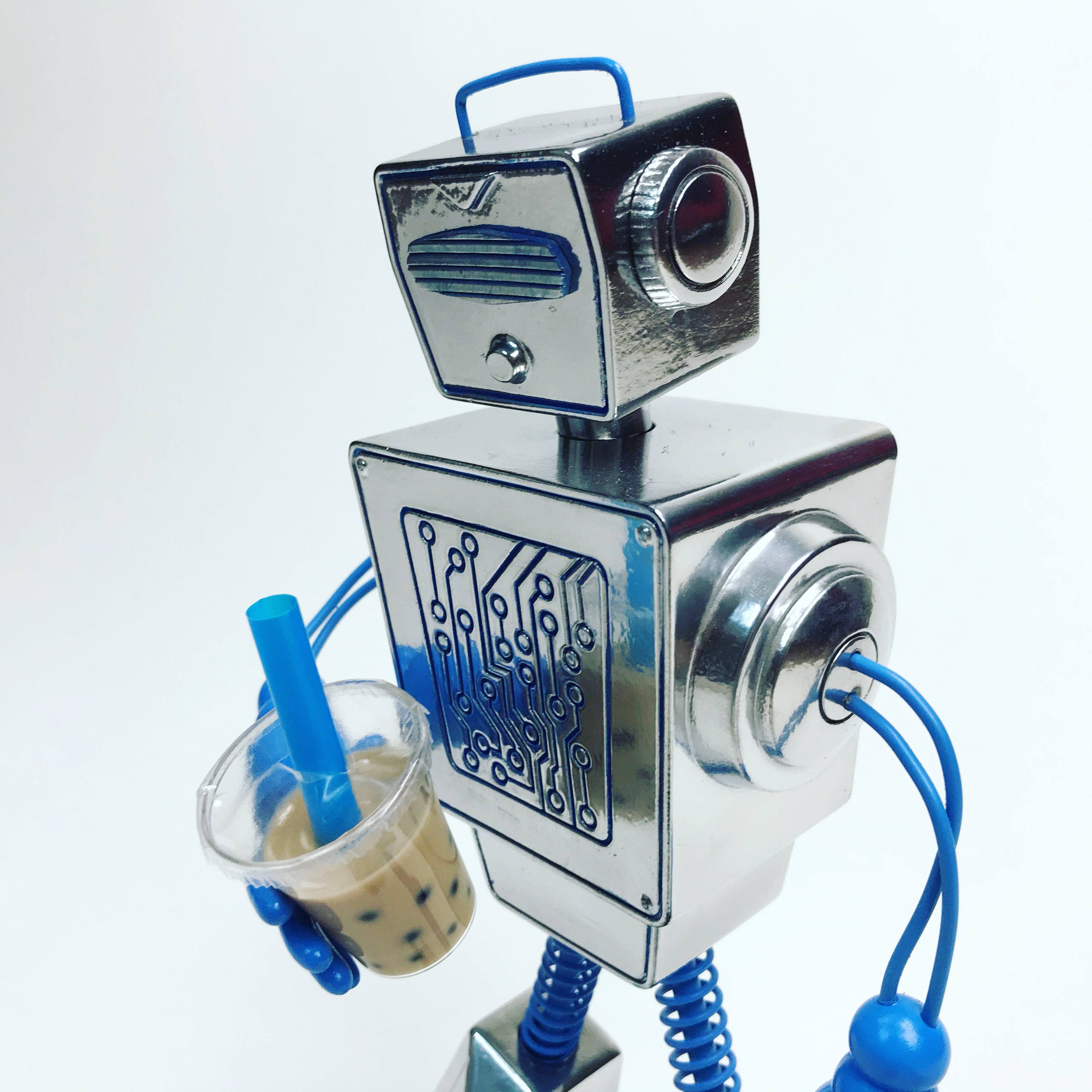Decentralized Autonomous Organization
As technology continues to expand, our vocabulary constantly needs updating. How many times have you gone to read the news and couldn’t wrap your head around the latest big move in tech? DAO is one of those phrases we encountered and went… “what?”
DAO stands for Decentralized Autonomous Organization. If you’ve been paying attention to the blockchain at all, the word decentralized might stand out to you. A DAO is a community-led organization, or legal structure, that operates much like cryptocurrency, in which it has no central authority and is managed and run by various community members. Every member has decision-making power, using tokens to cast their votes. The more tokens you have, the more voting power you have. This may sound hierarchical at first, but think of it this way: the more money you’ve invested, the more incentivized you are to vote in the best interest of the entity. You don’t want an organization going belly up when you’ve already invested your hard-earned cash (or bitcoin).
The first DAO was initially created in 2016 by software company Slock.it (now blockchains.com) as a way to raise funds, similar to crowdfunding sources like GoFundMe, but with the investors all having a chance to vote on how the company spent the money. Inspired by cryptocurrency, developers considered a DAO, with the intention to provide oversight, but by the members of the community, not by a single central authority. At the end of the day, everyone participating in a DAO is looking out for the best interest of the community, and working toward a common goal.
Every DAO has a different goal. Some have tons of money — over $10 billion, for the really successful ones. DAOs are a powerful community-building tool that, no matter what their goal, can pride themselves on transparency and autonomy. All voting results exist on the blockchain, meaning any member can trace the votes at any time. Everything is out in the open for everyone, and anyone that chooses to can have a say. Some DAOs even communicate via Discord, the social app we wrote about earlier.
What do you think about the concept of a DAO? Is it something you would participate in? Let us know in the comments — we always love hearing from you! And if you’re looking to brush up on your tech vocabulary, check out this list of definitions we created to make reading articles like this one a bit easier.




